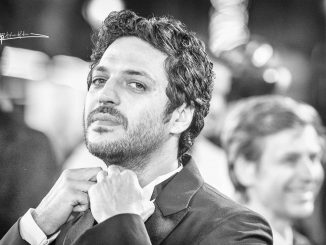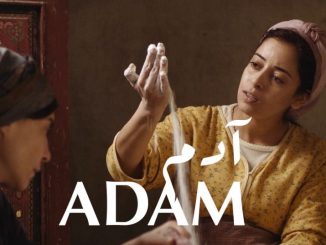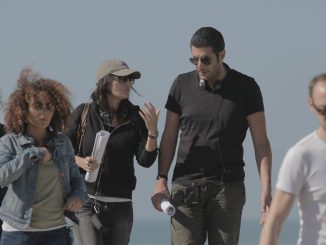
After three years of theater studies, Nabil Ayouch turned to directing, starting with advertising in 1992 and making his first short film “Les pierres bleues du désert” with Jamel Debbouze, followed by two other short films in 1994 and 1996, all widely awarded in various international festivals. In 1997, he directed his first featured film Mektoub, which was a huge success in Morocco and was the first film to represent Morocco at the Oscars.
He made his second film in 2000 “Ali Zaoua prince of the street” the moving story of homeless children confronted with street violence, who, after the murder of their comrade Ali, sought “the island of two suns” where he had so dreamed of escaping, to bury him there. With this new featured film, Ayouch once again represents Morocco in the Oscar race. Building on his successes, he continued his career with “One Minute Less Sunshine” in 2003.
Four years later, the filmmaker returned to the cinema with the film “Whatever Lola Wants”, where he followed the path of an oriental dancer who dreamed of learning from her model, the hypnotic Ismahan, played by Carmen Lebbos. He then turned to a documentary “My Land” which gave a voice to Palestinian exiles who had been expelled from their own villages when the State of Israel was created in 1948.
Nabil Ayouch once again became Morocco’s ambassador to the Oscars with “Les Chevaux de Dieu” in 2012, which deals with a sadly current theme, that of the religious radicalization of a young Moroccan and its impact on his family. He then directed his seventh featured film “Much Loved”, about Marrakech prostitutes, despite international recognition, including a nomination at the Cannes Film Festival in the Directors’ Fortnight, the film was violently criticized and then censored in Morocco, because it contained, according to the government, “a serious insult to moral values”.




Be the first to comment